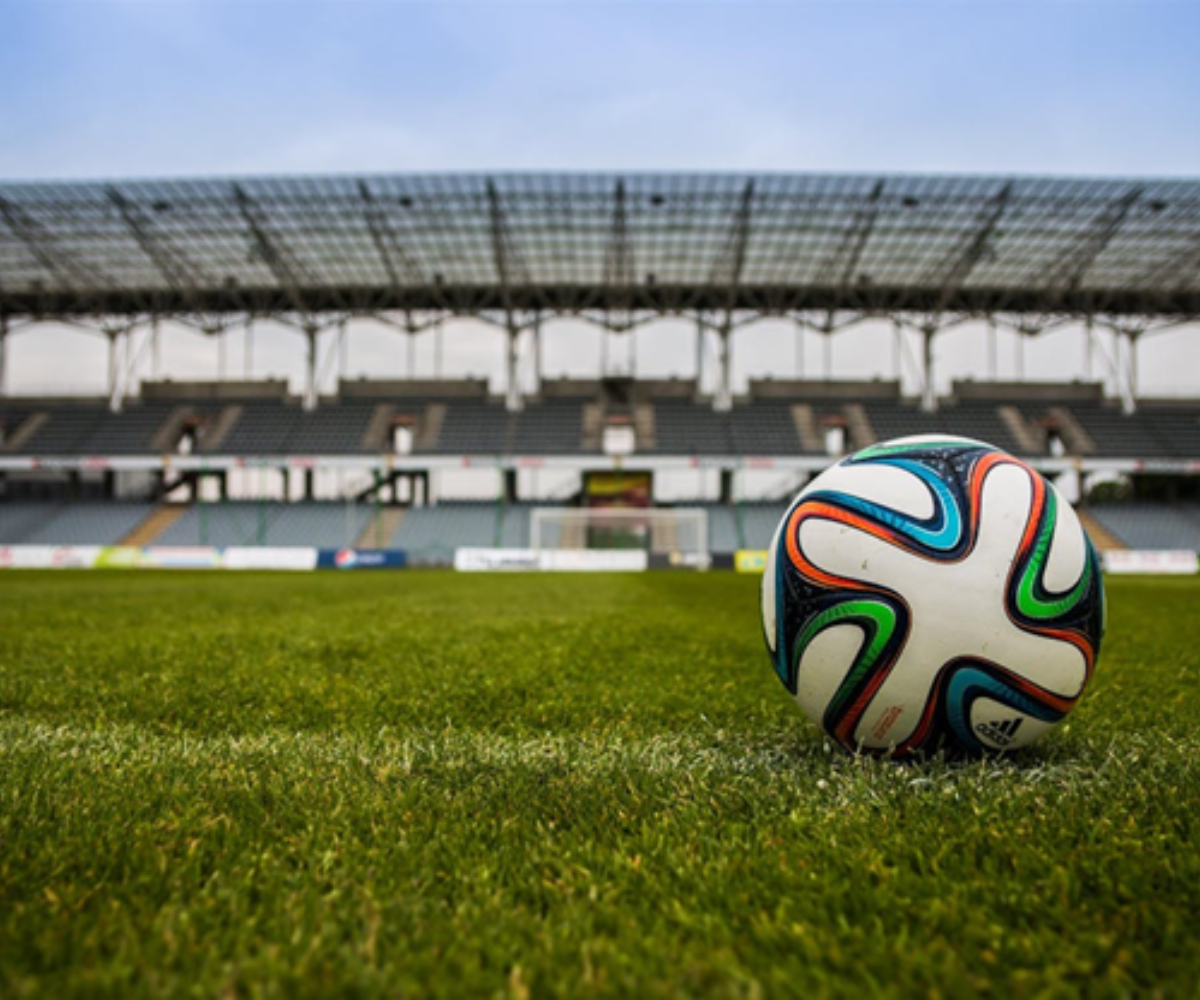The Psychology of Home Advantage and How Teams Can Leverage It
Home advantage is a well-documented phenomenon in sports, where teams perform better when competing at their home venue compared to away games. This advantage can be attributed to various psychological, environmental, and social factors that influence both players and officials. Understanding the psychology behind home advantage can help teams leverage this phenomenon to enhance their performance and increase their chances of success.
Understanding Home Advantage
Home advantage refers to the consistent finding that home teams win a higher percentage of games compared to visiting teams. Research indicates that home teams win approximately 60% of the time across various sports, with this statistic holding true regardless of the level of competition—be it amateur or professional. Several key factors contribute to this advantage:
- Familiarity with the Environment: Home teams are accustomed to their playing surface, locker rooms, and overall venue layout. This familiarity can enhance comfort levels and reduce anxiety, allowing athletes to perform at their best.
- Crowd Support: The presence of a supportive home crowd can significantly boost athlete morale and confidence. Fans often create an electric atmosphere that motivates players and can intimidate opponents. The psychological impact of crowd support is profound, as athletes often feel a sense of obligation to perform well for their supporters.
- Reduced Travel Fatigue: Competing at home eliminates the physical and mental fatigue associated with travel. Away teams may experience disruptions in their routines, leading to decreased performance levels.
- Territoriality: Athletes often have a strong sense of territoriality when playing at home, viewing their venue as a place they defend. This psychological ownership can enhance motivation and commitment during competitions.
- Referee Bias: Studies suggest that referees may subconsciously favor home teams due to the influence of the crowd or familiarity with the venue. This perceived bias can affect officiating decisions and ultimately impact game outcomes.
Read: How does the concept of cognitive dissonance affect athlete decision-making?
Psychological Mechanisms Behind Home Advantage
The psychology of home advantage encompasses several mechanisms that influence athlete performance:
- Increased Confidence: Performing at home boosts athletes' confidence levels. The belief that they are more likely to win in familiar surroundings can create a self-fulfilling prophecy, where increased confidence leads to better performance.
- Reduced Anxiety: Familiarity with the environment and support from fans can help alleviate performance anxiety. Athletes who feel comfortable in their surroundings are less likely to be distracted by external pressures.
- Enhanced Focus: The supportive atmosphere created by home fans can help athletes concentrate on their performance rather than external distractions or negative thoughts.
Strategies for Leveraging Home Advantage
To maximize the benefits of home advantage, teams can implement several strategies:
- Cultivate a Strong Home Atmosphere: Teams should work to create an engaging environment for fans, encouraging attendance and support during games. Engaging with the community through outreach programs can foster loyalty among fans and enhance the overall game-day experience.
- Establish Familiar Routines: Developing consistent pre-game routines that take place at home can help athletes feel more comfortable and prepared. Familiarity breeds confidence, so maintaining rituals that reinforce this comfort level is crucial.
- Utilize Crowd Energy: Teams should harness the energy from their supporters during games. Encouraging fan participation through chants, cheers, and coordinated activities can amplify the positive impact of crowd support on player performance.
- Focus on Mental Preparation: Coaches should emphasize mental training techniques that build confidence and resilience among players. Visualization exercises, positive self-talk, and mindfulness practices can enhance athletes' ability to manage pressure during home games.
- Analyze Opponent Patterns: Understanding how opponents perform in away games can provide insights into potential weaknesses to exploit during home matches. Teams should analyze past performances to develop tailored strategies for maximizing their home advantage.
The psychology of home advantage plays a significant role in athletic performance across various sports. By understanding the factors contributing to this phenomenon—such as familiarity with the environment, crowd support, reduced travel fatigue, territoriality, and potential referee bias—teams can leverage these elements to enhance their competitive edge.
Implementing strategies that cultivate a strong home atmosphere, establish familiar routines, utilize crowd energy, focus on mental preparation, and analyze opponents will empower teams to maximize their chances of success when competing at home. Ultimately, recognizing and harnessing the psychological aspects of home advantage is essential for achieving peak performance in competitive sports.
Read: How does the concept of psychological priming influence athletic performance?







%20(1200%20%C3%97%20232%20px)%20(9).png)









.png)

